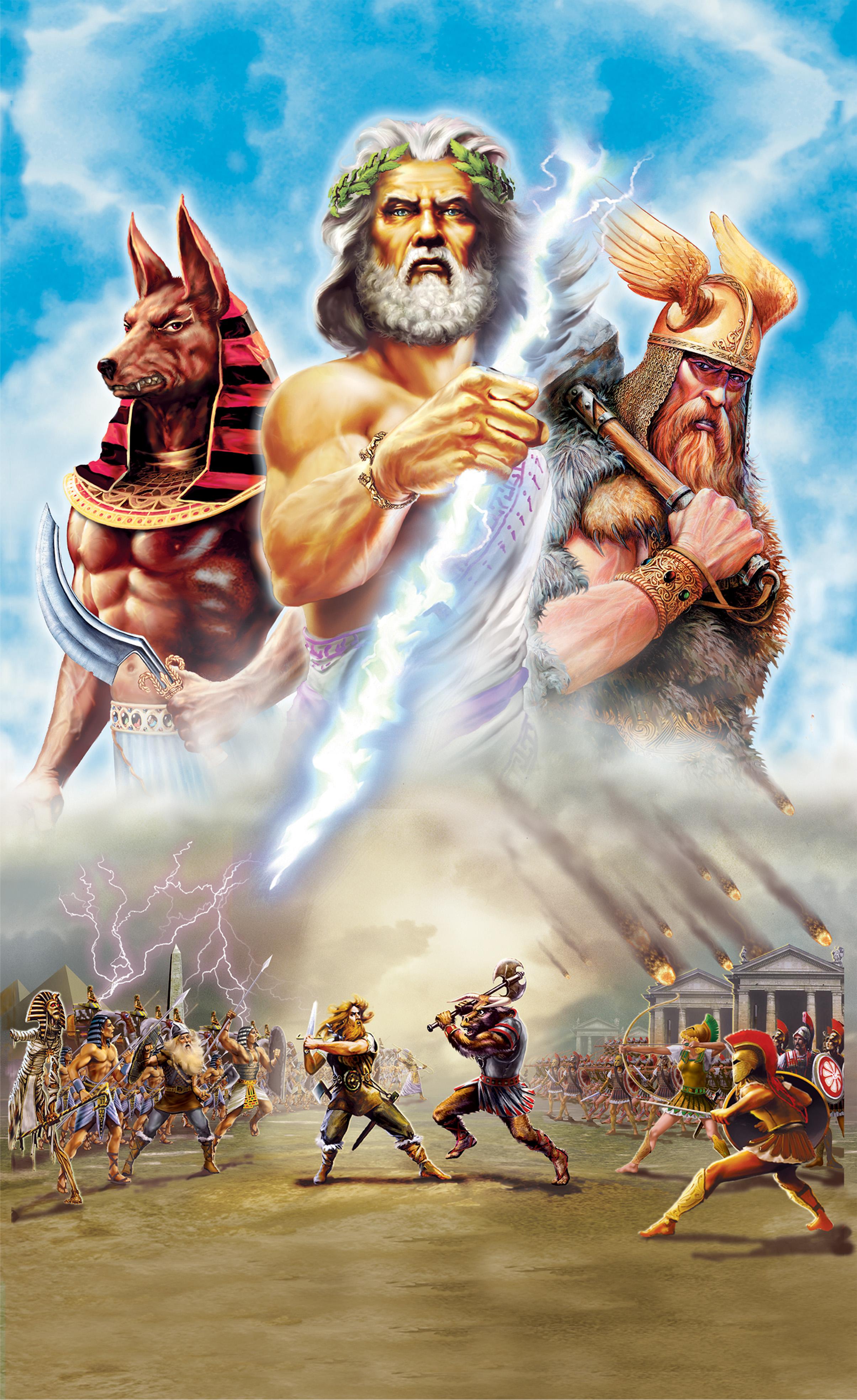this post was submitted on 22 May 2025
14 points (100.0% liked)
paganism
2845 readers
1 users here now
Hop in , we're getting witchy!
-
Please tag nsfw any picture containing bones, sigils, blood, and add a CW
-
Please be respectful of all traditions, this means not culturally appropriating as well as engaging in discussions of faith in ... good faith.
-
Please do not perform any spell or ritual on another member without their consent.
-
Please keep entheogenic (drug use in spell/ritual/meditation) discussions to the experiences one has not the explicit means by which you obtained the entheogen.
-
Nazi pagans fuck off
founded 4 years ago
MODERATORS
you are viewing a single comment's thread
view the rest of the comments
view the rest of the comments

My experiences with paganism and pagans over the decades has been that mostly gods and goddesses are not usually taken literally but as ways to connect with various aspects of nature or representative of internal psychological states and chosen by people for reasons of personal affinity. The deities may come from actual religions that existed in the past and were worshipped in particular ways but the majority of pagans I have interacted with take a much more abstract syncretic approach. Individual deities that share the same or similar functions are taken as different names for the same thing (more or less). The basic idea of syncretism is also quite old and the modern monotheistic approach of "my god is the only right one/one that is real" is relatively rare in the ancient world; first making an appearance in 18th dynasty Egypt under Akhenaten if I'm remembering correctly. The Romans for example never really tried to obliterate native religions of the places they conquered and often imported foreign deities. Notable exceptions for those religions that practiced human sacrifice, which were persecuted quite heavily (side discussion on their own hypocrisy isn't really relevant to your question though). Obviously there are bound to be those in the modern pagan movement that "believe", but I honestly haven't met many literalist pagans. BeamBrain's friend's take is the closest thing I've seen to that with any frequency.